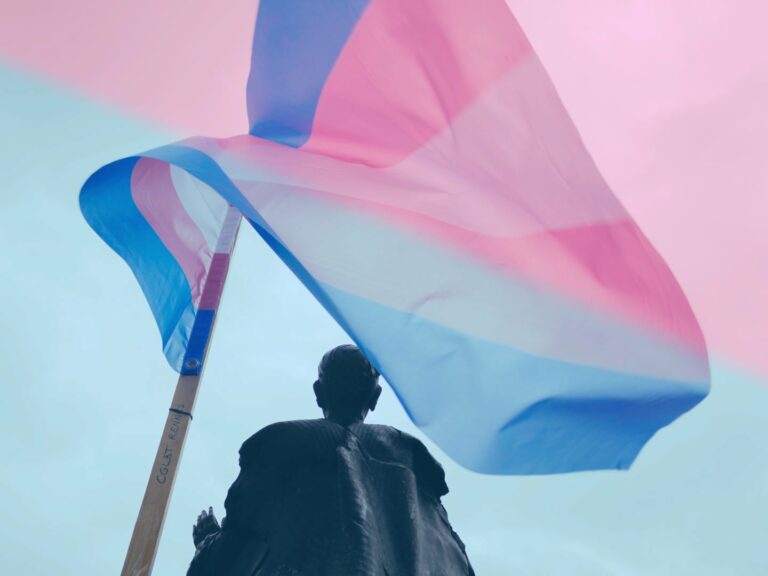The training of trainers of the SWITCH project allowed to increase the knowledge and skills of the participants with respect to the issue of transgender people and offered a space for reflection and comparison of particular importance, allowing trainers to share thoughts and emotions.
What emerged?
Immediately evident was the commitment of all partners to be able to establish an online mode of interaction, to adequately adapt the materials, content and activities planned for the in-person mode, to a distance mode, and the ability of the speakers to be able to maintain the attention of participants for a long period in this mode, through participatory methodologies.
Particularly appreciated was the ability of the organizers to establish a contact between people despite the distance mode of the course. This was possible mainly thanks to the ice-breaking exercises presented during the training of the trainers, which were necessary to establish a relaxed atmosphere among the participants, to overcome initial embarrassment, to encourage them to relax, to loosen up and interact with others and to improve the learning process through greater open-mindedness.
The presence of a transgender moderator during the training of trainers allowed participants to connect, identify, develop and increase empathy for transgender people. Being able to connect with transgender people and their community by integrating allows them to cross and eliminate the boundary line established over time. It seems clear, therefore, that it is necessary to interface with the professionals who take care of transgender people, but it is essential to interface and connect with the transgender people themselves.
It also emerges the need to eliminate prejudices and those feelings of mistrust and fear of which we are all constantly victims, through direct experience and involvement with transgender people, that like all, who are nothing more than PEOPLE.
Precisely these people on our territory are not taken seriously, constantly mocked, are continually subjected to discrimination to sexual, physical, mental and economic damage inflicted in public or in private, so it is predominant the need to give professionals the necessary tools so that it is possible to dissolve the emotional and bodily blocks of these people, creating deep experiential moments and at the same time, try to understand what are the feelings and sensations experienced by those who assist transgender people.
At this point, the interest with respect to the national framework of belonging and, in particular, the discrepancy in terms of the Italian political and legislative context between the North and the South, in which these people are inserted, appeared relevant. Therefore, the need arises to carry out a survey on the territory of reference regarding the services present and their offer to transgender people, in order to know both the potential with respect to what has been done, and with respect to what can and should be done, considering, however, that each territory starts from a different basis.
Therefore, it seems clear the need to safeguard the rights and welfare of transgender people, through training and awareness-raising activities of social and health services, by producing information material to strengthen the knowledge about available services and related access rights, but also by supporting the Italian authorities in combining procedures and tools to protect and respond to transgender people, considering among other things that on our territory transgender communities correspond to a small minority of LGBT groups.
Francesca Caterino,
Paradigma Association




Scrivi un commento